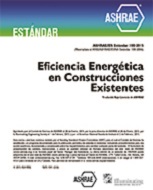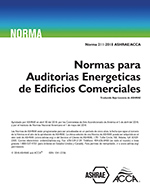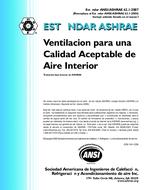Description
In the first part of this paper, the physical conservation laws valid for flows in rooms are introduced and the determinants for jet flows in rooms are identified. Experimental studies of both three- and two-dimensional jets in rooms are presented. Although the traditional wall jet theory, based on the expansion of a jet in an infinite ambient, often is useful in room airflow, these studies show that there may be confinement phenomena that have strong influence on jet development. There are losses in kinematic momentum of the jet due to surface friction and recirculation effects (exchange of momentum between the jet and the moving ambient). For a two-dimensional jet, the velocity decay and jet spreading rate, i.e., the thickness of the jet in an enclosure, are larger than for traditional wall jets, and the decay rate of the velocity became 0.43, which is less than the theoretical value 0.5. A new testing procedure for supply devices, which considers the effect of the enclosing room surfaces, is proposed.
Units: SI
Citation: Symposium, ASHRAE Transactions, 1998, Vol 104, pt. 1A, San Francisco
Product Details
- Published:
- 1998
- Number of Pages:
- 7
- File Size:
- 1 file , 150 KB
- Product Code(s):
- D-7945




